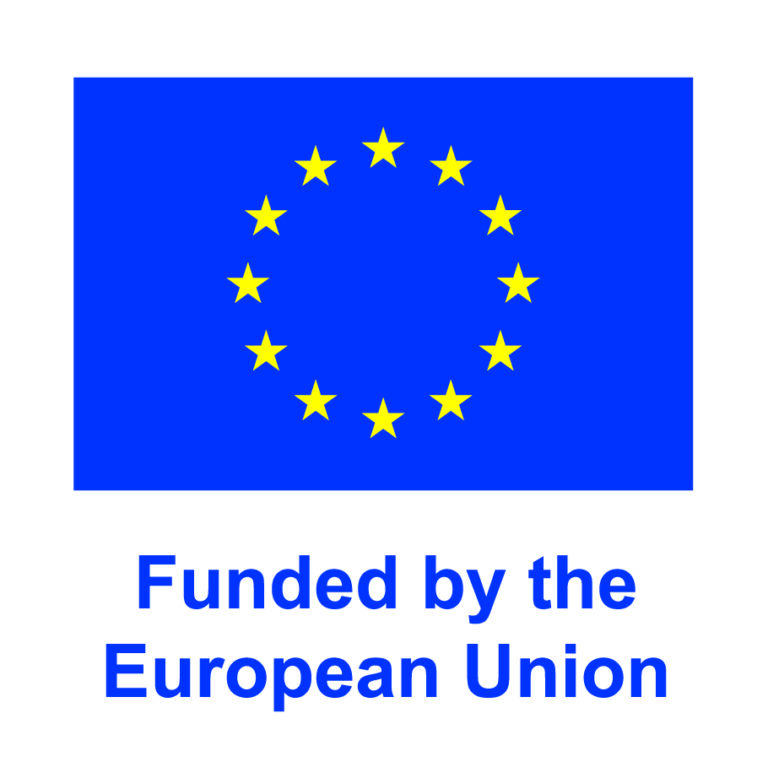The MITGEST project is officially kicked off! On November 2, 2022, the MITGEST consortium got together for a virtual kick-off meeting, setting the project up for recruiting and training 11 Doctoral Candidates.
On Wednesday, 19 members of the MITGEST consortium gathered to officially kick off the new Horizon Europe Doctoral Network – MITGEST. After a warm welcome from the project coordinator, Dr. Carlo Vascoto (UDINE), the floor was given to MITGEST beneficiaries and associated partners for a brief introduction. Coming from different sectors, partners from the University of Udine, Stichting Radboud universitair medisch centrum, Instytut Biochemii i Biofizyki Polskiej Akademii Nauk, Karolinska Institute, Asociacion Instituto Biodonostia, baseclick GmbH, Minovia Therapeutics LTD, 4basebio PLC, accelopment Schweiz AG, Agilent Technologies Italia SPA, Institute of Bioorganic Chemistry – Polish Academy of Sciences, Lumicks BV, Predica Diagnostics B.V., University College London, University of Pavia, Vitae Careers Research and Advisory Centre not only gave insights into their institutions and companies but highlighted their involvement in MITGEST – including numerous secondments offered to the MITGEST DCs.
The meeting held online was an excellent opportunity to discuss the organisational, scientific and communication aspects of the project, which included:
MITGEST introduction
- Scientific overview
- WP overview
Project management
- General DN management
- Management structure and Scientific Advisory Board
- Deliverables and milestones
- Events calendar
Project communication and dissemination
- Acknowledgement and funding statement
- Open science rules
- Communication channels (website and social media)
Recruitment for the 11 PhD positions is still open!
Young researchers can apply until 15 November for one of the 11 open DCs positions and join the MITGEST training network to conduct the research within one of the four scientific WPs:
- (WP1) Biology of Mitochondrial DNA and RNA;
- (WP2) Mitochondrial Gene Expression Functionality;
- (WP3) Mitochondrial Disease Models and Therapy;
- (WP4) New Methods and Tools for Mitochondrial Studies.


